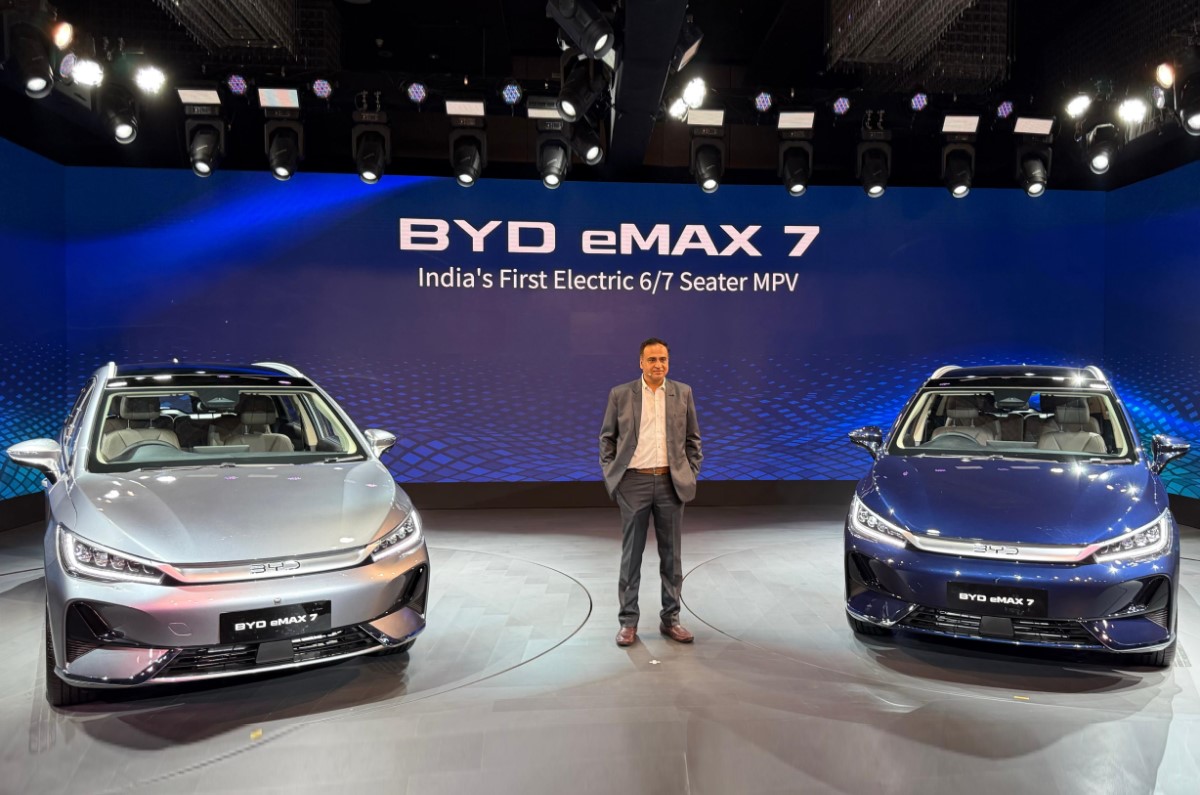News broke Thursday that the “election security” event for which House Speaker Mike Johnson (R-La.) is making the requisite pilgrimage to the holy site of Mar-a-Lago will focus on legislation targeting noncitizen voting.
The good news for Johnson and former president Donald Trump is that their work is already done, both in that prohibitions already exist and that noncitizens hardly ever cast any votes, much less intentionally. But the point of all of this is not to actually address a problem with American elections. It is, instead, to boost Trump’s bid for the presidency by 1) pretending that this is one of myriad problems with elections and 2) talking about immigration.
With the nod to “great replacement theory” advocates serving as icing.
Just to put a fine point on the most important part, the states in yellow below are ones where noncitizens can vote in federal elections.
As Ballotpedia notes, the Illegal Immigration Reform and Immigrant Responsibility Act of 1996 explicitly bans noncitizen voting in federal elections, the purview of Johnson’s legislative body.
Even given that, though, here is a map of states in which noncitizens can vote in state elections.
Here, too, there are bans in place across the board. The only place noncitizens can cast ballots in the U.S. are in some municipalities in some states, shown below.
The Illegal Immigration Reform and Immigrant Responsibility Act of 1996 explicitly details how this can work legally: If “voting for such other purpose is conducted independently of voting for a candidate for such Federal offices, in such a manner that an alien has the opportunity to vote for such other purpose, but not an opportunity to vote for a candidate for any one or more of such Federal offices.”
Trump and his allies, of course, have nonetheless frequently claimed that noncitizens constantly vote in elections, with determinative results. This is also not true.
The Washington Post Fact Checker walked through this last month. Suffice it to say that a Brennan Center analysis of 23.5 million votes in 42 jurisdictions during the 2016 election found 30 incidents of suspected noncitizen voting — or about 0.0001 percent of votes cast. If the same rate held in 2020, it would mean about 200 noncitizen votes cast nationally in that presidential election.
Research released a decade ago did suggest that noncitizen voting was more common. Trump, predictably, repeatedly elevated that research in his rhetoric. It has since been demonstrated that the result probably depends on people erroneously identifying themselves as noncitizens. “[T]he likely percent of noncitizen voters in recent U.S. elections,” a responding report asserts, “is 0.”
Trump almost certainly doesn’t really care about that, any more than he cares that immigrants are less likely to commit crimes than native-born citizens. What he cares about is raising the specter of elections being subverted (oh no!) by devious immigrants (oh no!).
We noted Thursday that this idea of noncitizen voting has been quietly elevated among Trump’s complaints about American elections, a shift that is obviously focused less on the election part than the immigrant part. Immigration has become a central point of Republican attention as the election approaches; this is a way to loop it into Trump’s efforts to sow doubt about the election results.
As noted above, it also serves as a big, unsubtle wink to that (seemingly growing) element of the right that believes there’s an actual conspiracy afoot to bring immigrants into the country to vote for Democrats. Prominent voices like Elon Musk’s spread false claims about noncitizen voting in an effort to make immigration to the U.S. seem dangerous not only to personal safety — as attempted by another strain of anti-immigrant sentiment — but to America itself.
As generally formulated, the “great replacement theory” posits that the intent is to grant these new arrivals citizenship, allowing them to vote legally. But that takes too long to be useful for November, so here we are.
Is all of this entirely cynical, simply a political ploy? It’s hard to see how it might not be.

 6 months ago
57
6 months ago
57




























 English (US)
English (US)